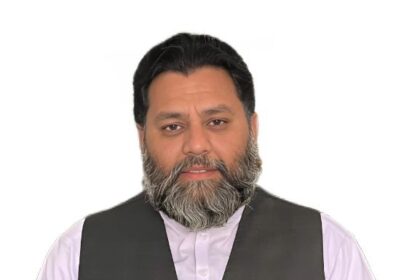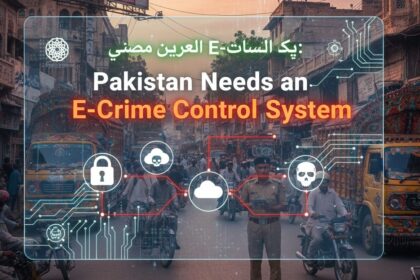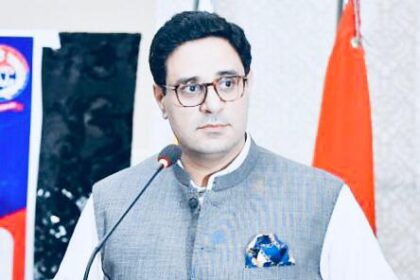Teacher Licensing in Pakistan: When and How is it Possible?
Dr. Muhammad Afzal Babar
Founder & Central President, Private Schools Network, Islamabad, Pakistan
E-mail: psn.org.i@gmail.com
Across the world, very few professions operate without some form of licensing. From lawyers to doctors, engineers to traditional healers, professional councils regulate licensing to ensure quality and accountability. In Pakistan, however, the concept of licensing for teachers is only now beginning to take root.
The National Accreditation Council for Teacher Education (NACTE) was established by the Higher Education Commission of Pakistan in December 2006. Its mandate is to recognize and accredit teacher education programs offered by both public and private universities and teacher training institutions. NACTE serves as a national body to evaluate programs under a framework of professional teaching standards, with the ultimate goal of preparing competent teachers and ensuring excellence in education.
To achieve this, NACTE has developed a strict accreditation mechanism, including national standards for teacher education, accreditation tools to measure quality indicators, systems of data analysis, and structured decision-making processes. The council also engages directly with universities and teacher education institutions through online and in-person meetings, helping them understand and meet accreditation requirements.
The Global Role of Teachers
Teachers are the backbone of education systems. They drive learning, inclusion, and innovation in schools and communities. Yet, in many cases, teachers work in isolation, without networks for collaboration or professional growth. This weakens both the quality of education and teacher retention. Recognizing this, World Teachers’ Day 2025 is being observed with the theme: “Reimagining Teaching as a Collaborative Profession.” The message is clear—teaching must be supported by policies and environments that value cooperation, shared expertise, and joint responsibility.
Every year on October 5, Pakistan joins the world in honoring teachers, acknowledging their role in shaping students and society. While it is not a public holiday, schools and organizations hold events to highlight the importance of teachers.
Towards a National Licensing System
A major reform is now underway. From 2025, Punjab will require all teachers (public and private) to hold a teaching license. Sindh already has a licensing framework, but Punjab’s move to make licensing compulsory, with structured testing, is a significant step forward. The aim is to improve teacher quality and establish uniform standards for recruitment and promotion.
Educational quality depends directly on teaching quality. Effective teaching strongly influences student learning outcomes, which in turn impact a nation’s social and economic health. Although Pakistan’s education policies recognize the importance of teachers, consistent legislation to ensure effective teaching in classrooms has been lacking. As a result, student performance—as reflected in assessments such as NEAS, SAT-Sindh, ASER, and TIMSS—remains below expectations.
Licensing can help raise teaching standards by setting a minimum benchmark for entering the profession. In many countries, teacher licensing ensures that only professionally qualified and committed educators enter classrooms. Such a system can also make teaching a more attractive and respected career.
Sindh’s efforts to involve teachers, NGOs, and private stakeholders in the introduction of a teacher licensing policy are a positive example. This policy was shaped through research, stakeholder consultations, policy dialogues, and international literature reviews. A White Paper prepared by AKU-IED in June 2022, in collaboration with STEDA, provided the foundation for this framework.
Challenges and Way Forward
For licensing to be truly effective in Pakistan, teacher councils at the district level must be established. These councils should include representatives from government schools, private schools, madrassas, and informal education sectors. They can design licensing mechanisms for pre-primary, elementary, and secondary teachers, while provincial and national bodies can focus on higher education.
Currently, elite private schools often maintain their own high standards, while low-income private schools—though large in number—struggle for survival in a competitive environment. A public–private partnership model could help introduce transparency in teacher licensing across all education tiers.
Finally, to truly protect teachers and strengthen their profession, Pakistan must pass legislation that guarantees both their rights and responsibilities. Only then can the nation build a future where teachers are empowered, respected, and professionally accountable.











